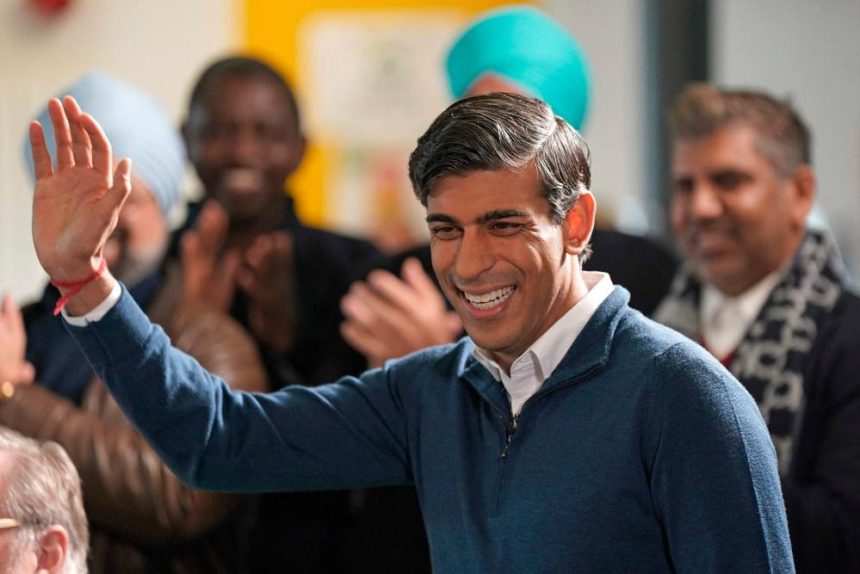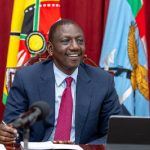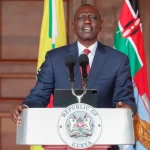On Thursday, Prime Minister Rishi Sunak suggested that Britain is poised to hold elections within the final six months of this year, fueling speculation about the precise date of the upcoming vote.
Having led the Conservative party since 2010, Sunak is obliged to announce a long-anticipated general election by the end of January 2025.
Despite his position, he has conveyed his intention not to procrastinate until the eleventh hour to seek public support and validate his leadership, a role he assumed after winning an internal party vote in October 2022.

“My working assumption is we’ll have a general election in the second half of this year,” he said on a visit to Mansfield, central England.
The Tories, who have had five leaders and prime ministers in 14 years, are widely expected to lose the election, handing power to Keir Starmer’s main opposition Labour party.

The Conservatives’ years in power have been bookended by economic troubles, first the fall-out from the 2008 global financial crash, and latterly a cost-of-living crisis fuelled by high inflation and energy prices.
Possible dates suggested for the vote include May 2, coinciding with local elections, and coming soon after the March 6 government budget, when the Tories are tipped to announce tax cuts to woo voters.
Asked if he could rule out a May election, former finance minister Sunak, who has pledged to halve inflation from highs nudging 11 percent again repeated that he was looking at a vote later in 2024.
“I want to keep going, managing the economy well and cutting people’s taxes. But I also want to keep tackling illegal migration,” he said, referring to another key pledge.
“So, I’ve got lots to get on with and I’m determined to keep delivering for the British people.”
The last general election, won by then-Tory leader Boris Johnson on a pledge to “get Brexit done”, was held in December 2019.








